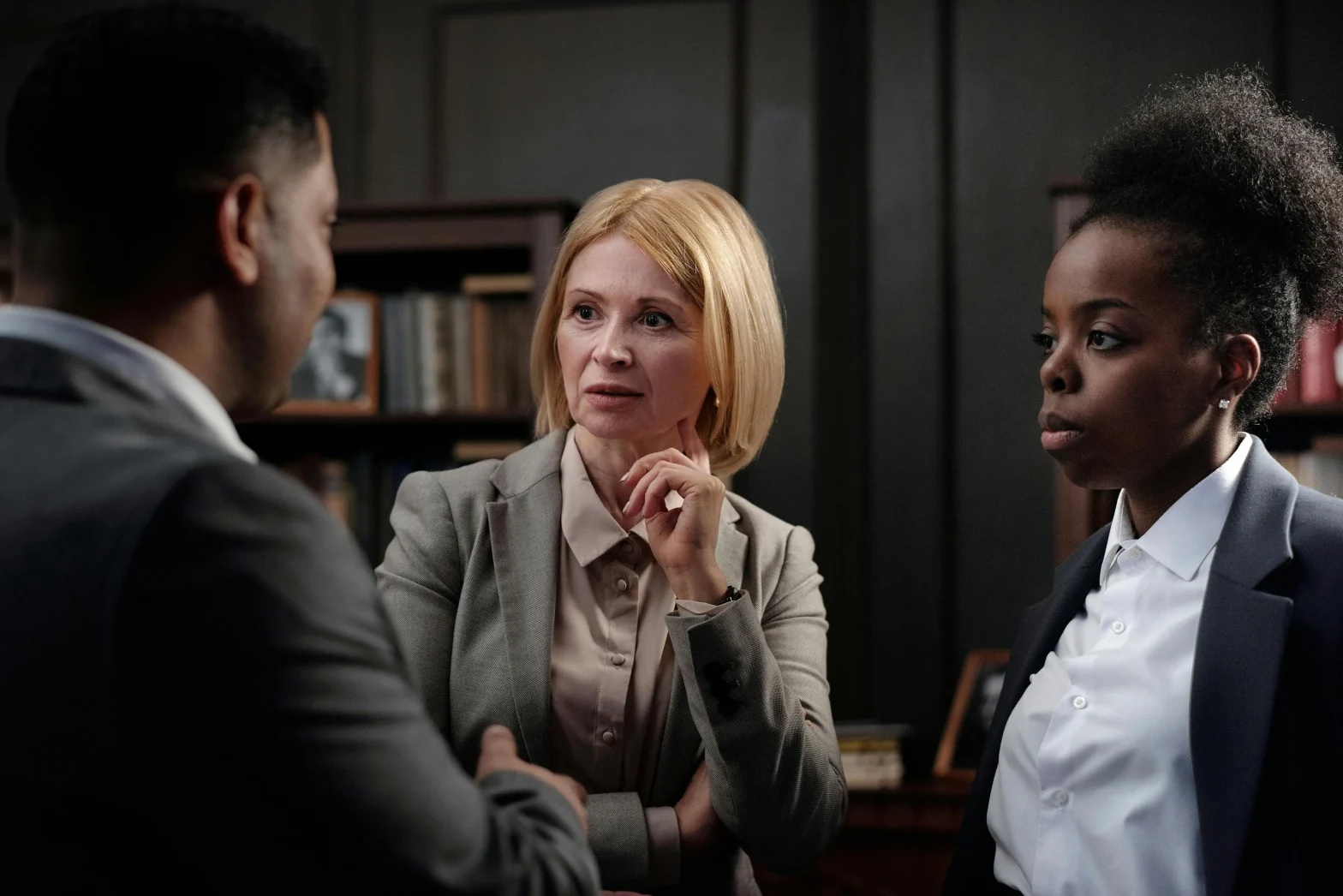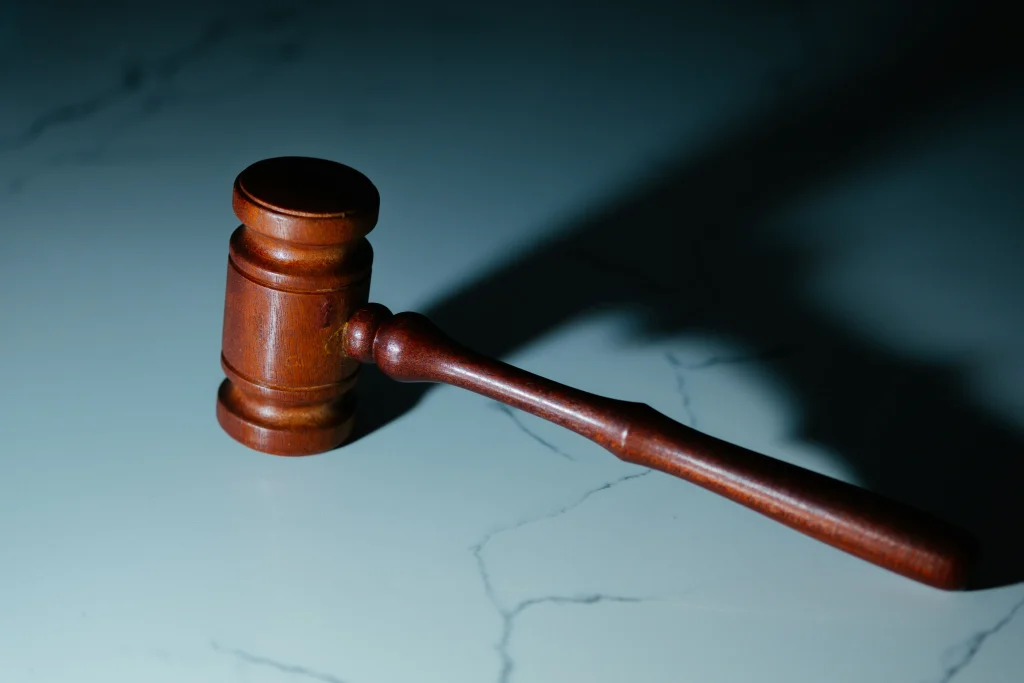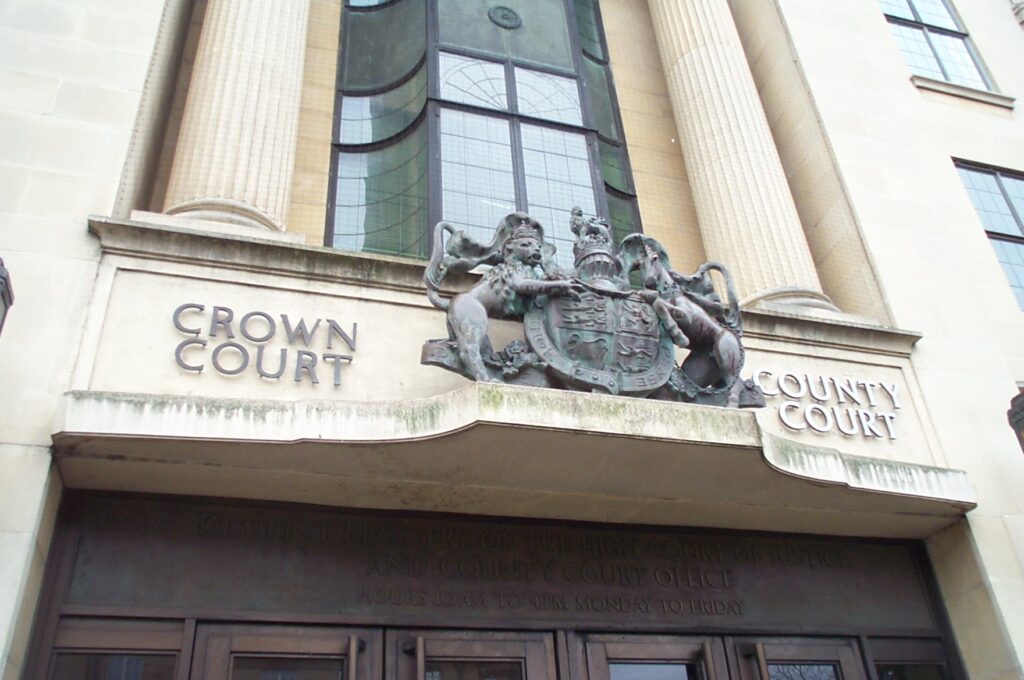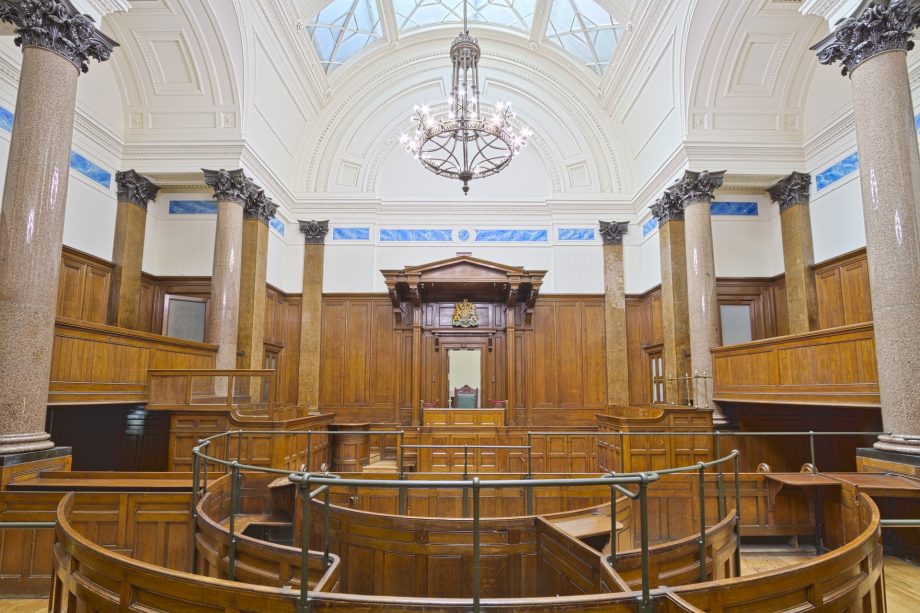
The criminal justice system is how the UK prevents and responds to crime. This could be from the first report to the final sentence, regardless, we are here to tell you how it is done. It brings together the police, prosecutors, courts, prisons, probation, and support services to protect the public and uphold people’s rights.
There are small differences between England, Wales, Scotland and Northern Ireland but the intention behind the system remains the same. Our simple guide here is to help people understand more about the criminal justice system and how it shapes the law.

The Definition
The criminal justice system is the set of laws, people, and processes a country uses to prevent crime, investigate it, decide guilt, and carry out sentences while protecting everyone’s rights.
Why Does A Criminal Justice System Exist?
Law and the criminal justice system are central to how we live and how a country runs. Following the rules keeps people safe and encourages respect for others. There are many reasons for having a criminal justice system. Here are some of the main ones:
- There to protect the public
- Set clear rules, boundaries and penalties
- Holds people accountable if they break the law
- Make sure trials are fair
- Defend the rights of victims, witnesses, and defendants
- Punishes those who commit the crime
- Rehabilitate offenders so they do not reoffend
- Makes others hesitant from committing crime
- Support victims and help them get justice
- Build trust so people feel the system is fair and safe
Who Is Involved With The Process
The UK process brings together the police, prosecutors, defence lawyers, the courts, and agencies that manage sentences and support victims. Most cases start with the police. Prosecutors decide if a case should go to court. Courts decide guilt and sentence. After court, prisons and probation carry out the sentence, and victim services offer support.
- Police investigate and arrest
- Prosecutors: CPS in England and Wales, COPFS in Scotland, PPS in Northern Ireland
- Defence solicitors and barristers represent the accused
- Courts: magistrates, judges, and juries for serious cases
- Prisons hold people in custody
- Probation supervises people in the community
- Victim and witness services provide information and help

What the criminal justice system covers
The criminal justice system deals with conduct that the law defines as a crime. That includes offences from low level matters, such as shoplifting or criminal damage, through to serious offences like robbery, rape, or murder. It starts when the police receive a report or detect a suspected offence.
The police investigate and collect evidence. Prosecutors then decide whether the case should go to court. If it does, the courts determine guilt and pass a sentence. After that, prisons and probation make sure the sentence is carried out and support rehabilitation where possible. Victims and witnesses can receive information and practical help throughout.
Criminal law is about offences against the public, even when the harm feels personal to one person. Domestic abuse, stalking, drink or drug driving, drug offences, fraud, and online offences are all part of the criminal system. Many cases are resolved in the magistrates’ court. The most serious cases go to the Crown Court in England and Wales, the Sheriff Court or High Court in Scotland, and the Crown Court in Northern Ireland.
What it does not cover
Not every dispute sits in the criminal sphere. Civil law deals with disagreements about money, property, services, and contracts. Examples include unpaid invoices, faulty goods, boundary issues, and landlord and tenant disputes. Family law covers divorce, child arrangements, and financial settlements. Employment tribunals handle workplace matters such as unfair dismissal. Immigration and asylum decisions are dealt with by specialist tribunals. These areas use different rules and procedures from criminal courts.
Some situations can cross the line into crime. A money dispute remains civil unless there is evidence of fraud or theft. A relationship breakdown is a family matter, but violence, harassment, or coercive control are criminal offences. If you are unsure, the safest step is to report suspected crime to the police. If the issue is civil or family, a solicitor or Citizens Advice can guide you to the right route.
How A Case Moves From A Report To A Sentence
Most cases start with a report to the police or a crime spotted by officers. The police investigate, collect evidence, and interview those involved. Prosecutors review the file and decide if there is enough evidence and if a charge is in the public interest.
Charged cases begin in the magistrates’ court. Less serious offences are decided there. More serious offences go to the Crown Court for trial by jury. If a defendant is found guilty, the judge selects a sentence that reflects the offence and the harm caused.
After court, prisons and probation carry out the sentence, support rehabilitation, and manage licence in the community. Victims and witnesses can receive updates and support throughout.
If you need help
If you think a crime has been committed, contact the police on 101 for non-emergencies or 999 in an emergency. Victim Support and similar services offer confidential help regardless of whether there has been a prosecution. For civil, family, or employment issues, legal advice from a solicitor or Citizens Advice is usually the best starting point. Scotland and Northern Ireland have their own services, but the broad split between criminal, civil, and family remains the same.

Contact Broadbents Solicitors Today
Thankyou for reading our guide to know about what a criminal justice system is. If you face allegations that range from low level to serious, you still need the same core protection of your rights. That includes interviews under caution, charging decisions, bail conditions, trial preparation, and sentencing. Broadbent’s can guide you through each stage and explain the likely paths in simple terms. Contact us today at Broadbent’s and we are more than happy to help.






